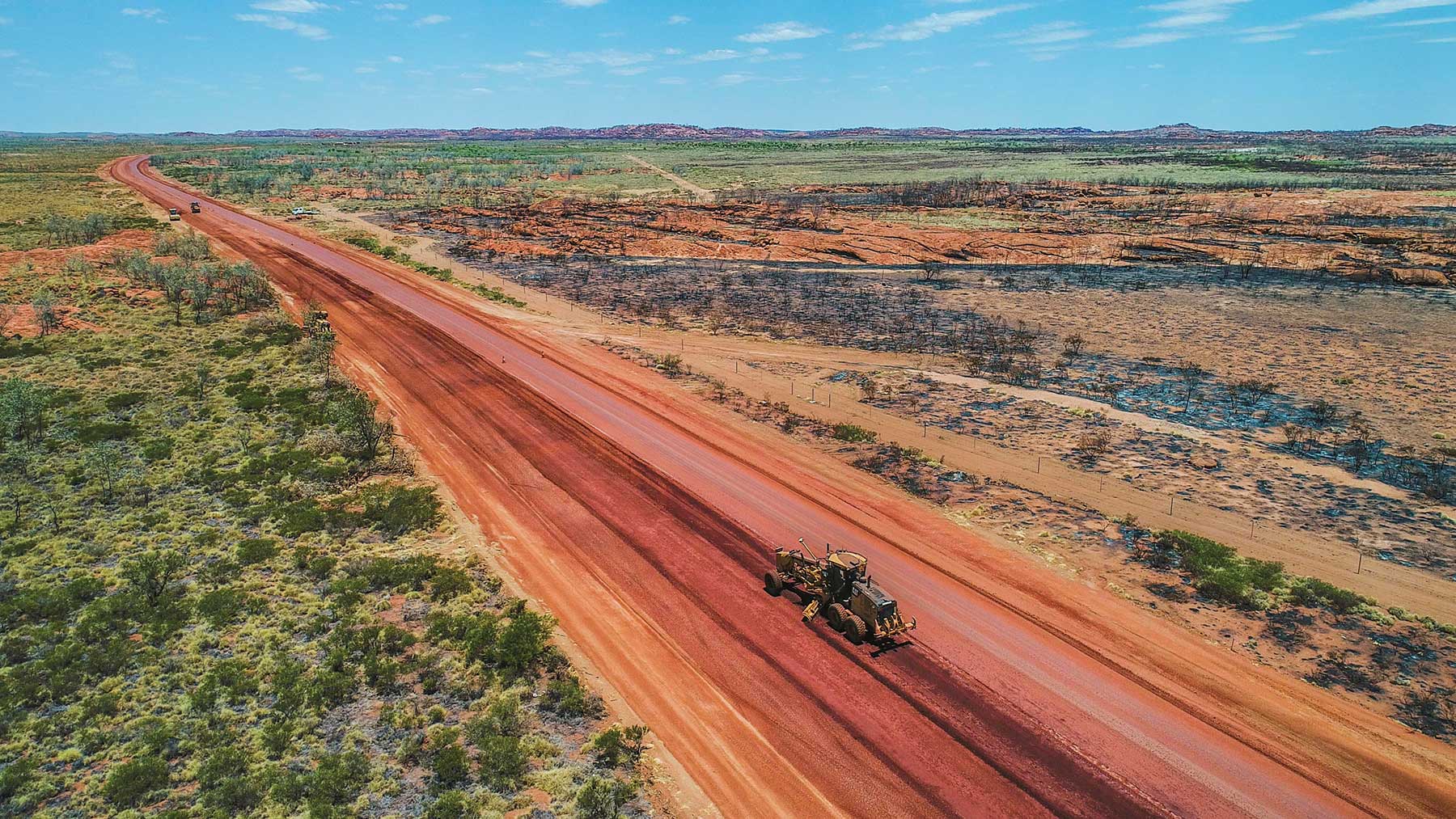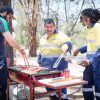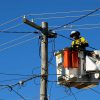Whether it’s maintaining roads, installing smart infrastructure, keeping mining sites clean, or installing telecommunication services, Ventia has a big presence in Western Australia.
There’s no doubt Western Australia (WA) is a region where we see great opportunities for every part of our business – but also one which presents unique challenges.
Even for Australians, the sheer size of WA can be hard to get your head around – 2.6 million square kms, or the size of Alaska and Texas put together.
MAKING INFRASTRUCTURE WORK
With the mining industry thriving again, clients in WA are recognising our track record of making infrastructure work for businesses and communities. With miners adopting new technologies like autonomous vehicles, our ability to harness innovation means we’re well placed to support our clients through change – as an important project for Visionstream shows.
Our Visionstream team provides support for Fortescue Metals Group’s Autonomous Haulage System at their Solomon mine. A Visionstream-designed wireless mesh network covers the entire mine, enabling software to run an integrated mine operations and mobile equipment management system. That in turn helps Fortescue’s people to operate more efficiently where they manage a fleet of 70 autonomous trucks, with the potential to produce 70 million tonnes of iron ore per year. Most importantly, autonomous haulage technology helps lead to improved safety outcomes by significantly reducing the risk to mine workers.
A Visionstream-designed wireless mesh network covers the entire mine, enabling software to run an integrated mine operations and mobile equipment management system.
SUPPORTING LOCAL COMMUNITIES
Our clients in WA also recognise our commitment to building strong local communities – especially when it comes to engaging and empowering indigenous Australians and using indigenous enterprise in our supply chain.
Under our partnership with Main Roads WA, we’re helping deliver the goals of their Reconciliation Action Plan by creating opportunities for young Aboriginal workers across three separate contracts. We’re proud to be employing two talented indigenous apprentices – Lance Picket and Dwin Rynski – and we’re already seeing the value they bring to our business with their knowledge of the local environment.
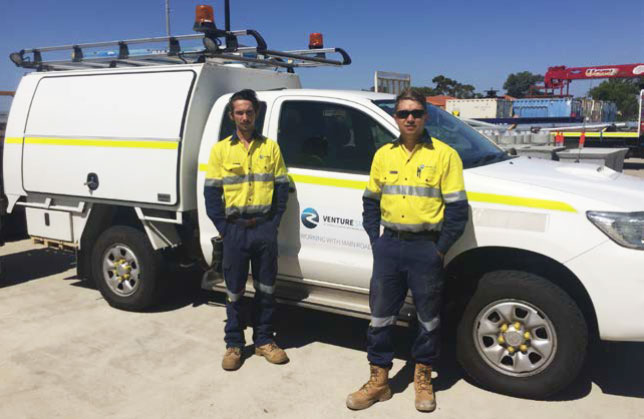
Apprentices Lance and Dwin are excelling as apprentices in our state-wide electrical team. They’re also sharing their deep understanding of WA’s flora and fauna, the history of the land and its traditional owners, and the importance of conservation for future generations.
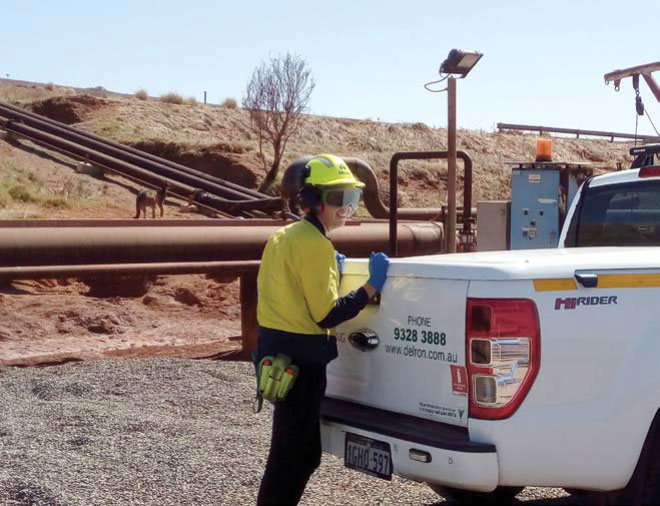
Local wildlife are often road safety hazards for our Delron cleaners.
It’s important that our people are prepared for any situation.
– Krysynda Reale
SAFETY IN A CHALLENGING ENVIRONMENT
The combination of vast distances, extreme weather conditions and inconsistent mobile phone reception means our teams need to take extra time and care when they assess safety risks and plan for the day’s work – as our Delron cleaning team demonstrate.
Our work in WA involves almost all our CRPs, and with some risks, like isolated work, there are bigger challenges than in major cities in the eastern states.
The daily ‘office’ for some of our 600 cleaners working across several contracts in WA may be 100km from the nearest town, or in locations where mobile phone reception is patchy at best. Being prepared is crucial to ensure they arrive home at the end of their shift in the same condition in which they started it. Supervisor Krisynda Reale says that each day, teams get together before their shifts to talk about any high-risk tasks, review any potential or known hazards like blocked roads or construction at site, and agree on any steps to take should those issues arise.
“Our cleaners working in the most remote areas do thorough pre-start briefings and vehicle checks, as well as taking additional equipment with them, such as GPS tracking gear, two-way radios, medical kits and fire extinguishers. Our cleaners also sign in at on-site security, so we know they arrived safely, and sign out when they leave.
“Journey planning is a key process we undertake regularly. Staff review road conditions, plan to ensure fatigue risks are managed, and check timing from location to location.
“It’s important that our people are prepared for the multitude of situations they might face. When you’re hundreds of kilometres from a major town, you don’t want to have to wait for help to arrive.”
It’s a reminder that as we work to take our business in WA from strength to strength, we need to stay focused on safety and health as our first priority – adapting to local circumstances.
Main image above: Roadworks in the Pilbara Region
